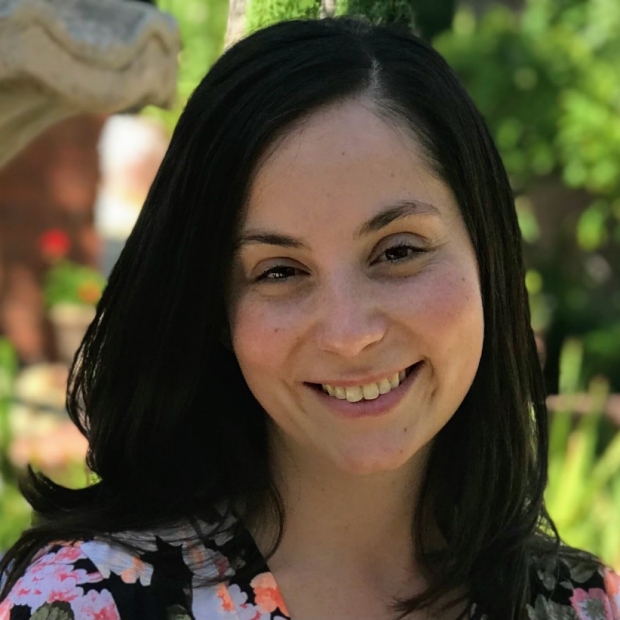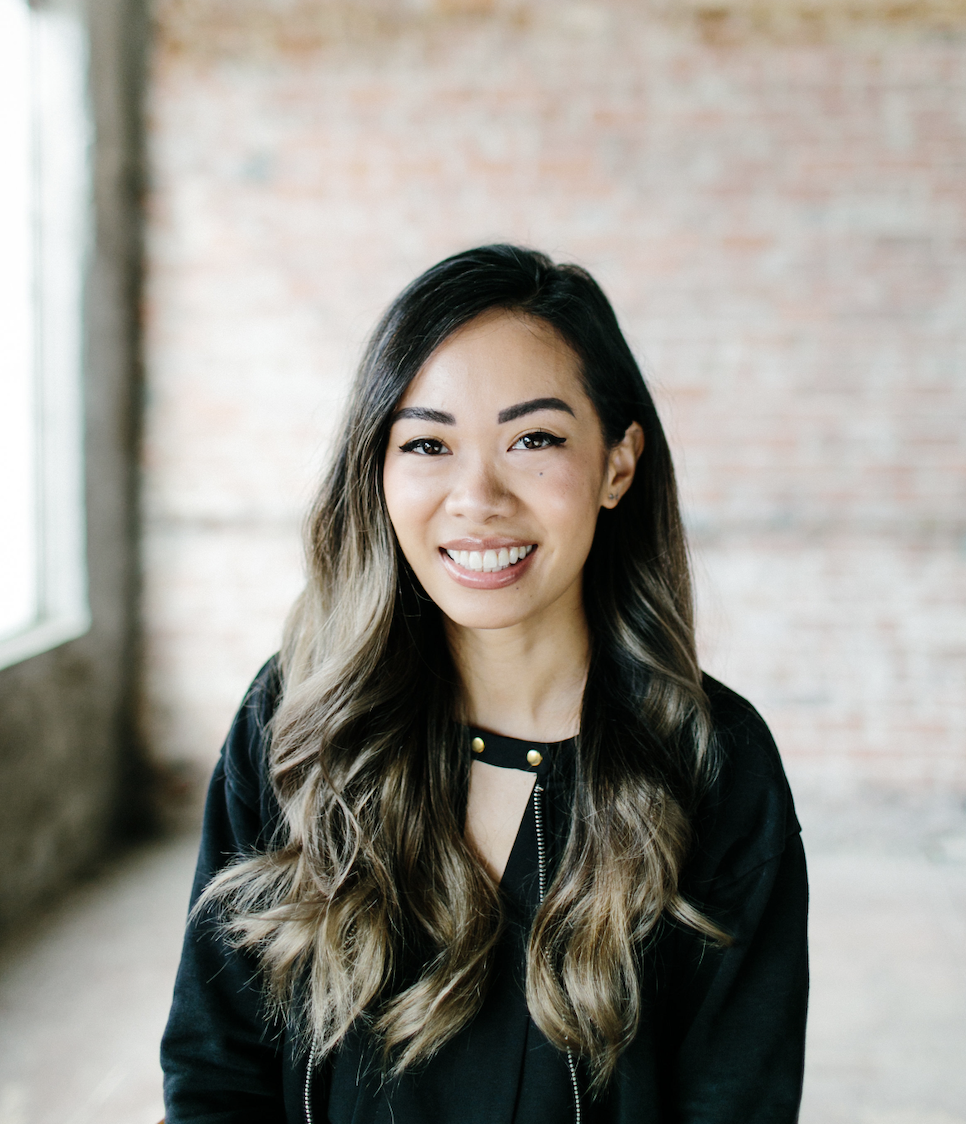Neurodiversity-friendly after-school activities: How to find
Updated: March 6, 2024 · 4 Minute Read

Reviewed by:
Christina Ardel, MA, BCBA, Clinical Care Coordinator at Stanford Medicine and ESPA
Highlights
- Girl and Boy Scouts, libraries, Special Olympics, Best Buddies, and activities through the YMCA are all great options for kids with developmental differences.
- Many organizations, such as synagogues, YMCA, and Easterseals offer camps for special needs kids.
- If you homeschool your child, check into local co-ops you can join to help your child make friends, go on field trips, and explore the community.
Neurodiversity-friendly after-school activities can give your child a sense of belonging, pride, and confidence in themselves. Clubs, sports, camps, and other community-based activities are also a way for your child to make new friends.
How to find after school programs your neurodivergent child will love
- Look into school-sponsored after school activities: Talk with your IEP team about available after school options. Include the necessary aids or services for your child to be able to participate in any of these activities in their IEP.
- Explore community and neighborhood activities: Girl and Boy Scouts, libraries, Special Olympics, Best Buddies, and activities through the YMCA are all great options for kids with developmental differences/disabilities. There may also be local non-profits, or organizations that host events, like social groups or meetups, in your area. Learn more in our latest community guide or find community activities near you in the Beaming Health directory.
- Consider camp options: Camp presents a great opportunity for your child to make new friends, play outside, feel included, and most of all, gain independence. It also gives you some much-needed time to yourself, or with your spouse, children, or friends. Talk with the camp director before signing up to make sure the camp is a good fit for your child. Many organizations, such as synagogues, YMCA, and Easterseals offer camps for special needs kids. Explore camps near you by searching for “Camps” with the Beaming Directory.
- Socialize your child with kids that have similar differences. While it’s beneficial for your child to interact with both disabled and non-disabled children, it’s especially helpful for many children with neurodevelopmental differences like autism or ADHD, to hang around other kids like them. Whatever developmental differences your child has, try to find groups or family events that can help you meet other kids and families like yours.
- Encourage your child to explore their interests. Whether your child is into sports, robotics, science, math, video games, or botany, there are all kinds of clubs and groups your child can be part of. Many areas have adaptive/special needs sports teams and you can use local Facebook groups to locate others who enjoy the same things your child does.
- Find a co-op. If you homeschool your child, check into local co-ops you can join to help your child make friends, go on field trips, and explore the community. Co-ops may also have classes, clubs, or additional activities your child can participate in.
- Look into volunteer opportunities. Volunteer activities could include serving meals, stocking food pantries, spending time with people who feel isolated, and many other options. Your local Arc chapter is a good place to start. Volunteering can give your child a sense of independence, develop gratitude, help them meet new people, and encourage prosocial behavior.
If you need more support and resources, set up a personalized step-by-step guide for free. The Beaming Health Action Plans were created with the help of over 100 parents, clinical professionals, special education advocates, and social workers to help families like yours.
Get our best articles delivered to your inbox each month.
We respect your privacy.













